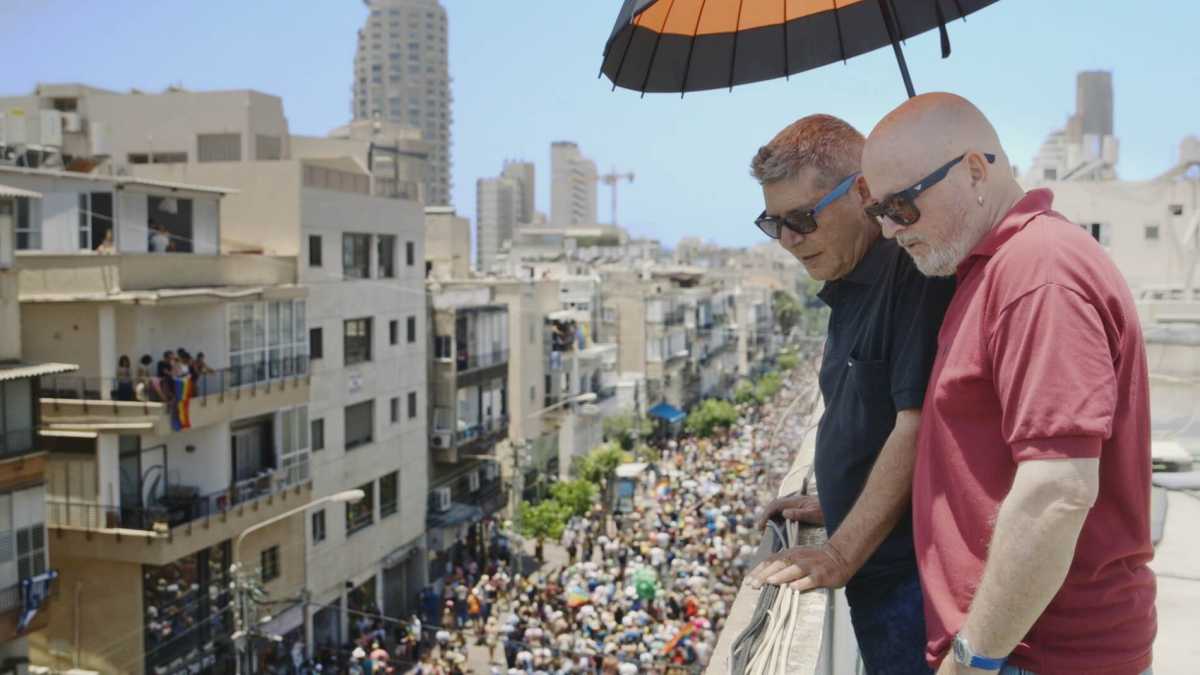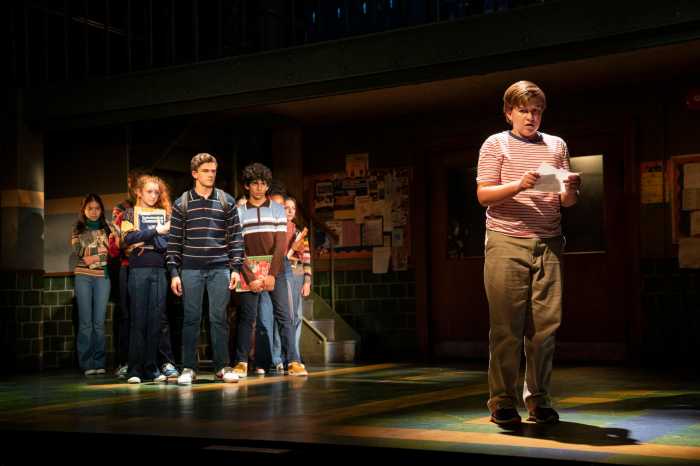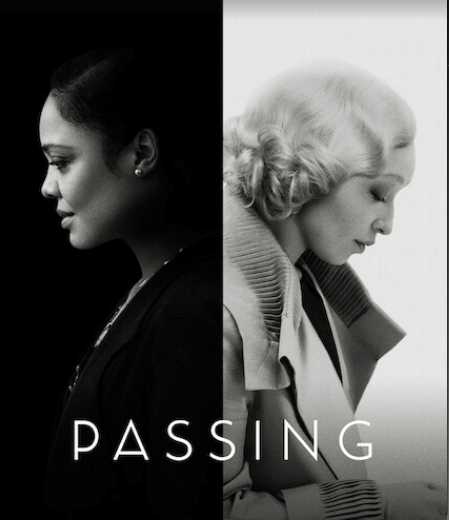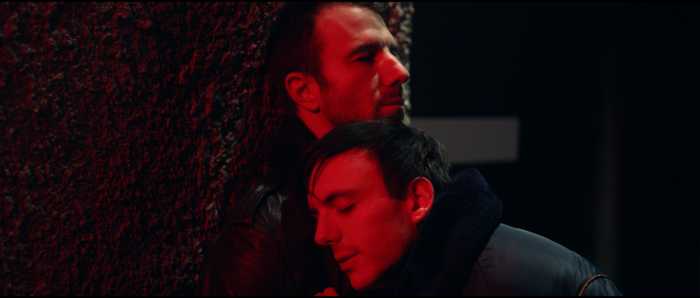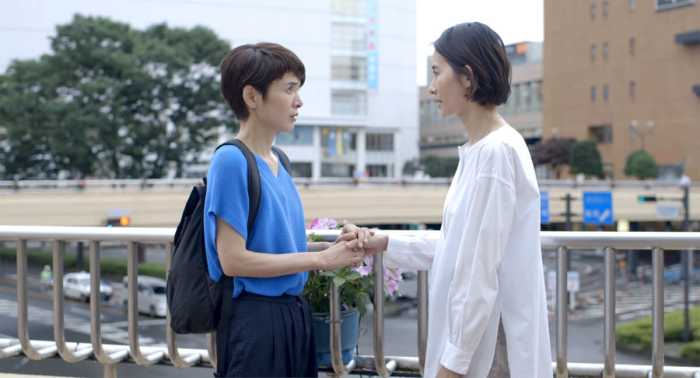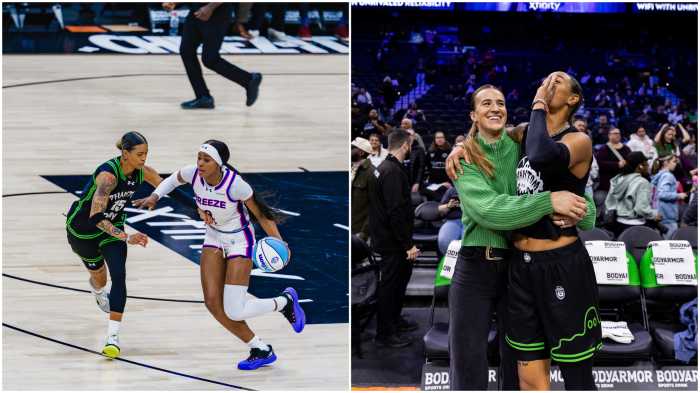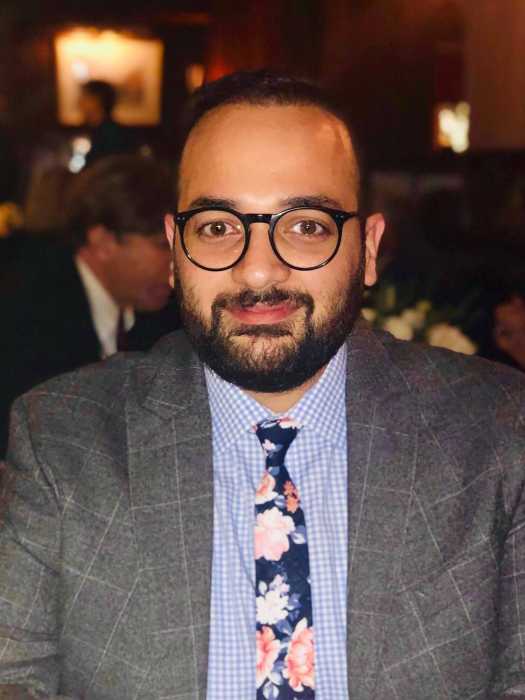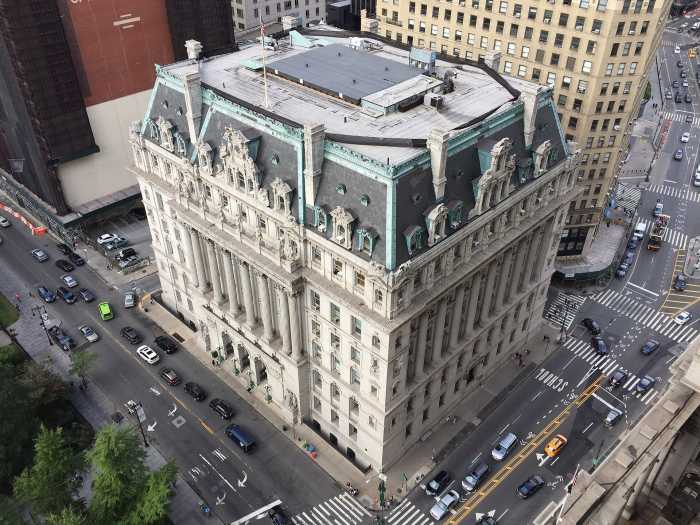Now in its 31st year, the New York Jewish Film Festival is screening dozens of features, shorts, and documentaries both in theaters and virtually January 12-25.
One highlight of this year’s fest is writer/director Kaveh Nabatian’s sensual and atmospheric romantic drama, “Sin La Habana” (screening theatrically January 15 and 17). This centerpiece feature chronicles a Cuban dancer who becomes involved with an Iranian woman in Canada. The film is impressionistic and immersive with some fabulous dance sequences as well as interesting discussions of immigration, race, spirituality, and superstition. Not available for preview is “Persian Lessons,” (January 16) which stars Nahuel Pérez Biscayart (of “BPM”) as a Jewish man in a German concentration camp who pretends to be Persian to avoid execution but struggles to maintain his lie and his double life.
There are only two films with LGBTQ themes screening virtually at this year’s fest.
“We Were the Others” is a heartfelt documentary (that runs just under an hour) that chronicles the emotions and experiences of six gay men who were grappling with their homosexuality back in the late 1950s and 1960s, when it was illegal to be gay in Israel.
The interviewees are from a generation where there was no public discussion of homosexuality. They describe the “homogeneous” society where they lived in secret — and in fear of being discovered. They talk about the signals and gestures that led to anonymous sex in cruising areas such as London Square in Tel Aviv, and the underground network and codes that allowed for some sexual exploration. But these men also describe the guilt and stigma of being gay and the feelings of shame they had that even led some men to seek psychiatric treatment.
“We Were the Others” shows how these men were emboldened when they met other gay men who wanted to talk, not just have sex, and that helped create a sense of community. Moreover, as neighbors of London Square were upset with the sexual activities, the gay public meeting area shifted to the city’s Independence Park.
But all was not rosy as men such as one subject, David, describes facing discrimination in his job with the IDF for being gay. After being dismissed from his job, he moved to Canada, met a man, and fell in love. Likewise, a long-term couple describe their wonder visiting Europe and the gay bars and saunas in London and Amsterdam in the pre-AIDS era.
Director Hadas Ayalon incorporates footage of young men coupling up in cinemas, in parks, and even in saunas to illustrate the affections described by the subjects who wax nostalgically about their same-sex experiences. The filmmaker also includes footage of Israelis refusing to employ or house homosexuals because of their sexual orientation.
“We Were the Others” builds its power as these men talk about their (self)-liberation from discovering and reading Allen Ginsberg’s “Howl” to publishing a first-person magazine article about being gay that raised awareness and broke down social barriers. In contrast, one interviewee reveals that he married a woman, moved to New York, volunteered for conversion therapy, and thought he was cured — until his same-sex desires overtook him again.
These anecdotes throughout the documentary are certainly enlightening, and the film culminates with discussions of how gay men (and women) organized to end the laws restricting homosexuality and get equality in Israeli society. These achievements were important and impressive, and there is a wistfulness as the film jumps ahead in time, ending with footage from a 2018 Pride Parade. It shows how far these men (and by extension, lesbians, bisexuals, and transgender people) have come having lived most of their lives in a restrictive society.
The other queer short screening online at the New York Jewish Film Festival is “Mazel Tov,” which is playing in the program entitled, “Short Films on Creativity.” Adam Weizmann (Peter Knoller) is at his Bar Mitzvah party where he should be celebrating, but everything is going wrong. His mother (Maya Dagan) is getting drunk because she and Adam’s father — who is absent — are likely divorcing. Singer Josie Katz, who is expected to perform, is late (and may not ever arrive). Other crises and conflicts arise. Adam suffers through inappropriate speeches and catches his cousin (Amit Rahav) performing oral sex on Kahlil (Amir Khoury). He eventually makes a decision to be his authentic self in light of all of the secrets and lies. Writer/director Eli Zuzovsky takes a cue from his own life for this darkly comic short about what it means to be a man. It may be as messy as Adam’s Bar Mitzvah, but Zuzovsky’s heart is in the right place.
For more information about the New York Jewish Film Festival, visit filmlinc.org
THE NEW YORK JEWISH FILM FESTIVAL | January 12-25 at Film at Lincoln Center and virtually.

